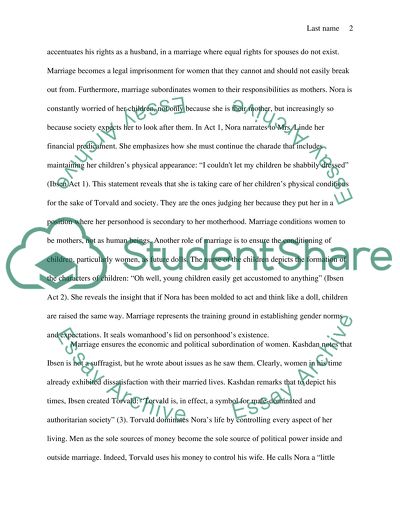Cite this document
(“Analysis paper Essay Example | Topics and Well Written Essays - 2000 words”, n.d.)
Retrieved de https://studentshare.org/literature/1608136-analysis-paper
Retrieved de https://studentshare.org/literature/1608136-analysis-paper
(Analysis Paper Essay Example | Topics and Well Written Essays - 2000 Words)
https://studentshare.org/literature/1608136-analysis-paper.
https://studentshare.org/literature/1608136-analysis-paper.
“Analysis Paper Essay Example | Topics and Well Written Essays - 2000 Words”, n.d. https://studentshare.org/literature/1608136-analysis-paper.


